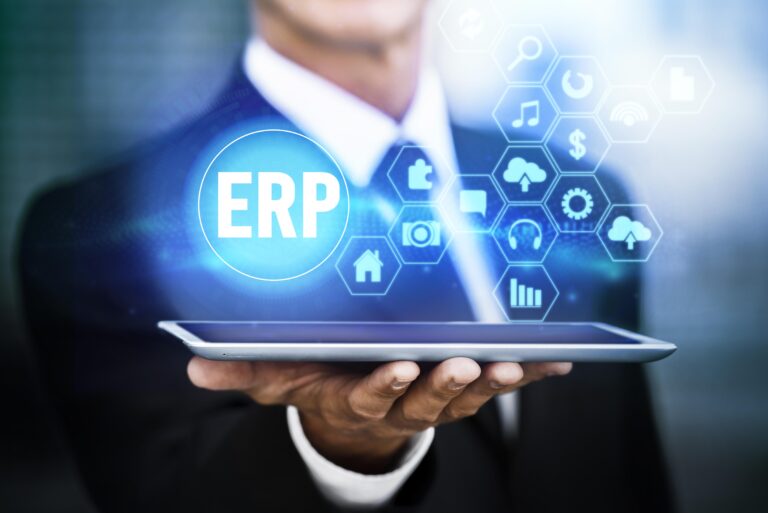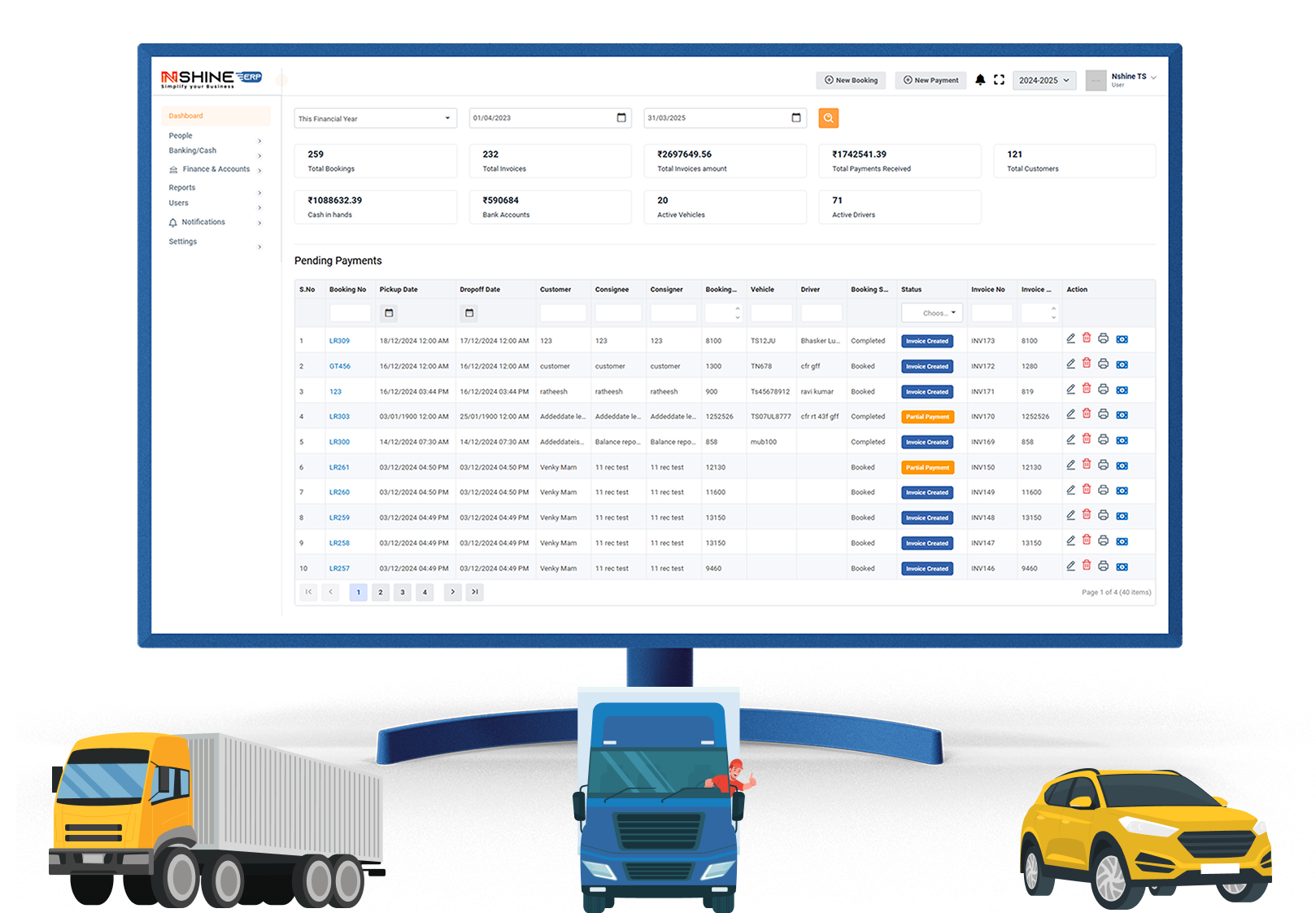Running a transport business today comes with many challenges. From managing bookings to ensuring timely deliveries and accurate invoicing, it can get complicated. Many transport businesses struggle with outdated processes that slow them down and lead to costly mistakes. There’s no need for excessive paperwork or manual processes that drain your time and resources. As your operations grow, you need a good solution to help streamline everything. That’s where an Enterprise Resource Planning (ERP) system comes in. By integrating various functions into a single platform, ERP systems can revolutionize the way you operate, making your business more efficient and responsive to customer needs. Let’s look at why ERP is important for your transport business and how it can change the way you operate.
“Streamline your transport operations and eliminate manual processes!”
1. Simplifying Operations
ERP systems make the booking process easier for transport businesses. By combining different functions into one system, ERPs reduce the need for multiple software solutions, which can lead to confusion and mistakes. This means:
- Faster Bookings: Quickly enter and manage customer details and bookings.
- Efficient Invoicing: Generate invoices on time, helping improve cash flow.
2. Easy Access to Information
With an ERP system, all important data is stored in one place. This means you can access information about customers, drivers, and vehicles easily. The benefits of having everything in one spot include:
- Better Visibility: Track bookings, vehicle availability, and driver assignments in real-time.
- No Manual Work: Say goodbye to paperwork and manual processes, reducing errors and saving time
3. Easier Money Management
Managing money is key for any business, and ERP systems offer strong financial tools that help transport companies:
- Track Payments and Expenses: Keep an eye on cash flow and unpaid invoices.
- Create Financial Reports: Generate reports that show the financial health of the business, helps in planning.
4. Improving Customer Happiness
In the transport industry, keeping customers happy is essential for growth. ERP systems can help improve customer service by:
- Ensuring Timely Updates: Keep track of bookings and deliveries to provide customers with accurate information.
- Streamlining Communication: Improve communication within the team to enhance service reliability.
5. Scalability
As your transport business grows, so do the challenges. ERP systems are built to grow with you, making it easy to:
- Handle More Bookings: Manage increased booking volumes without losing quality.
- Add New Drivers and Vehicles: Integrate new resources smoothly into the system.
6. Using Data to Make Smart Choices
One big advantage of using an ERP system is the ability to analyse data. Transport businesses can use this data to:
- Identify Trends: Keep track of booking patterns and customer preferences.
- Make Informed Decisions: Use insights to optimize routes, manage resources, and increase profits.
7. Ensuring Security
Security is vital for any business that handles sensitive data. ERP systems offer robust security features to protect important information, including:
- User access controls: Manage who can view and edit data, reducing the risk of errors and data breaches.
Conclusion
In summary, an ERP system is not just a tool; it’s a smart investment for transport businesses wanting to boost efficiency, simplify operations, and improve customer satisfaction. By using an ERP solution, you can lighten your workload, reduce paperwork, eliminate manual processes, gain valuable insights, and drive growth.
Ready to transform your transport business with our Nshine ERP? Reach out to us for a demo or consultation to see how our solution can help you improve operations and increase profits.




